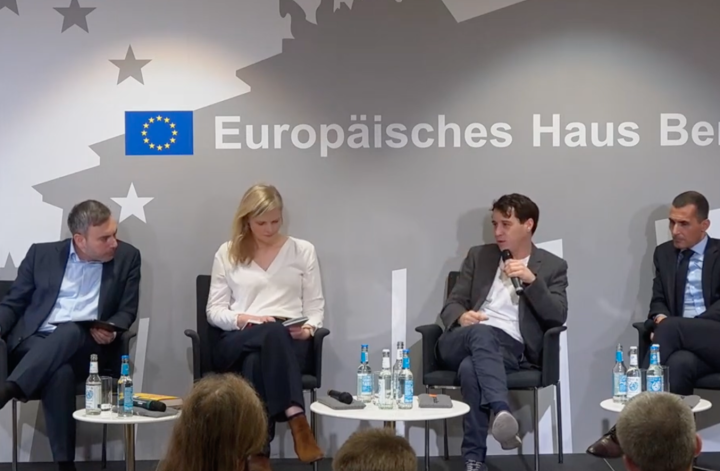Mitte November durfte ich auf Einladung der Friedrich-Naumann-Stiftung für die Freiheit an zwei Workshops im Rahmen des Rechtsstaatsdialog zwischen Vietnam und Deutschland in Hanoi teilnehmen.
Unsere Gespräche drehten sich um zentrale Themen des digitalen Raums wie Grund- und Eigentumsrechte, digitale Vermögenswerte und geistiges Eigentum. Besonders spannend war der Dialog über die Balance zwischen Meinungsfreiheit und Urheberrecht, den wir mit Akademikern, Verlegern, Autoren, Unternehmern und Regierungsvertretern führen durften.
Über die Ordnung der digitalen Welt zu diskutieren macht mir immer Spaß. Mit diesem Anlass und Format war es dann aber etwas ganz besonderes wertvolle Gelegenheit, Einblicke in die Perspektiven und Herausforderungen beider Länder zu gewinnen. Auffällig war dabei mal wieder: Die Konflikte des (digitalen) Zusammenleben sind in Vietnam und Deutschland ziemlich ähnlich.
Ein großes Dankeschön a die Friedrich-Naumann-Stiftung für die Einladung und die Möglichkeit, Teil des Rechtsstaatsdialogs zu sein.





